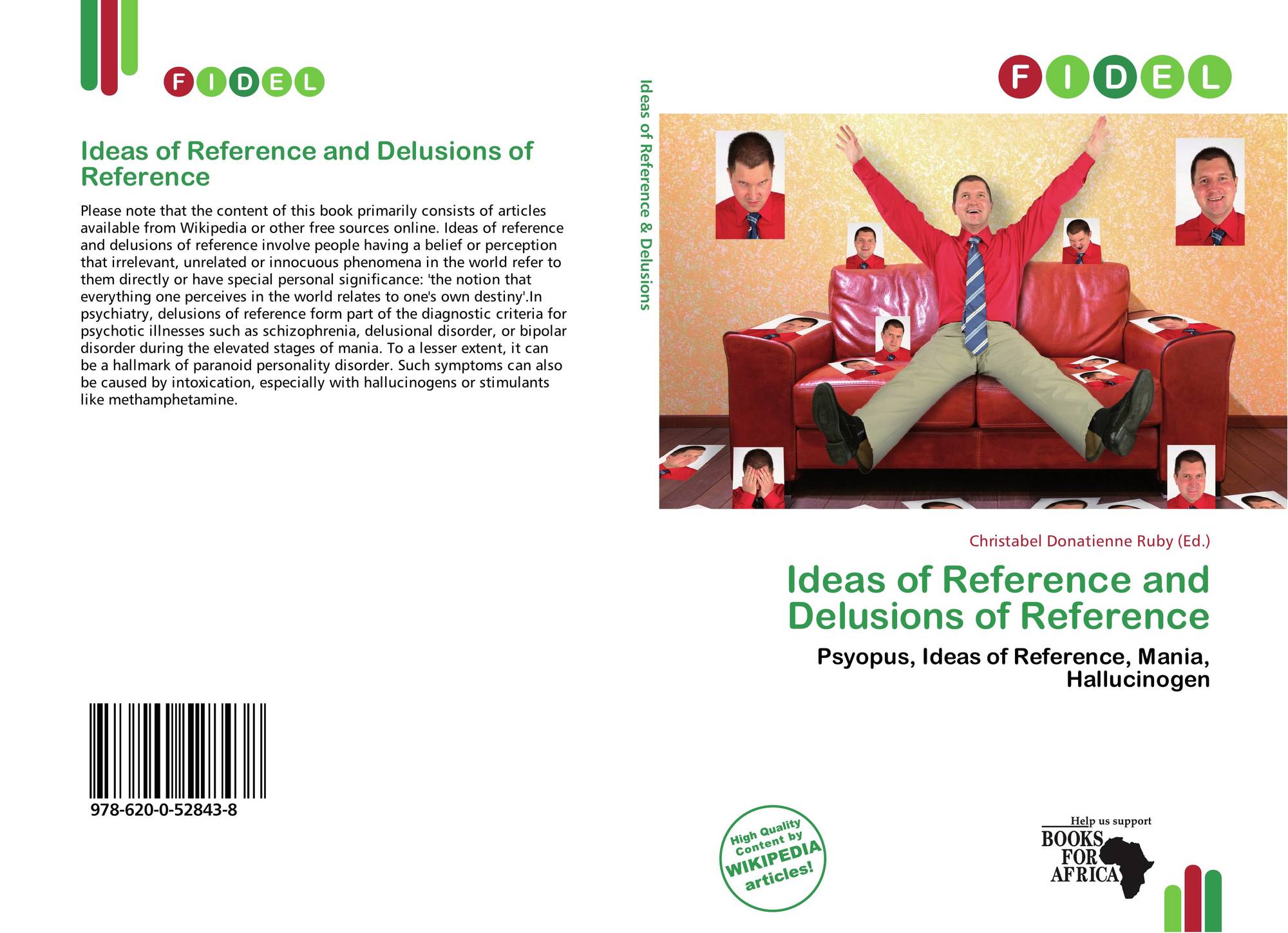ideas of reference vs delusions of reference 2025
Related Articles: ideas of reference vs delusions of reference 2025
- Ideas For Projects For Science Fair 2025: Exploring The Frontiers Of Innovation
- 60th Birthday Ideas For Men 2025: Unforgettable Celebrations For A Milestone Year
- Cheap Wedding Ideas South Africa 2025
- Best Business Ideas To Start In 2025: Embracing Innovation And Sustainability
- App Lab Project Ideas For 2025: Shaping The Future Of Mobile Innovation
Introduction
In this auspicious occasion, we are delighted to delve into the intriguing topic related to ideas of reference vs delusions of reference 2025. Let’s weave interesting information and offer fresh perspectives to the readers.
Table of Content
Video about ideas of reference vs delusions of reference 2025
Ideas of Reference vs. Delusions of Reference: A Comprehensive Guide

Introduction
Ideas and delusions of reference are psychological phenomena that involve individuals perceiving personal significance in unrelated events or communications. While both concepts share similarities, they differ in terms of intensity, frequency, and impact on an individual’s life. This article aims to provide a comprehensive overview of ideas of reference, delusions of reference, and their key distinctions.
Ideas of Reference
Ideas of reference are relatively common and involve a transient belief that certain events or communications are personally relevant to an individual. These ideas are often fleeting and may not significantly interfere with an individual’s daily functioning.
Characteristics of Ideas of Reference:
- Mild and transient
- May be related to a specific event or communication
- Often dismissed as "coincidences" or "overthinking"
- Do not significantly impair an individual’s judgment or behavior
Delusions of Reference
Delusions of reference are more severe and persistent than ideas of reference. They involve fixed and irrational beliefs that unrelated events or communications have personal significance, often in a negative or threatening way. Delusions of reference can significantly impair an individual’s judgment and behavior.
Characteristics of Delusions of Reference:
- Persistent and unshakeable
- May involve multiple or unrelated events or communications
- Often perceived as threatening or harmful
- Can lead to significant distress and impaired functioning
Causes of Ideas and Delusions of Reference
The exact causes of ideas and delusions of reference are not fully understood, but several factors may contribute to their development:
- Cognitive biases: Individuals may be more likely to perceive personal significance in events due to cognitive biases such as selective attention and confirmation bias.
- Stress and anxiety: Increased stress and anxiety can make individuals more susceptible to perceiving personal significance in unrelated events.
- Social isolation: Individuals who lack meaningful social connections may be more likely to rely on their own interpretations of events, which can lead to ideas or delusions of reference.
- Mental health conditions: Ideas and delusions of reference are often associated with mental health conditions such as schizophrenia, bipolar disorder, and obsessive-compulsive disorder.
Distinguishing Between Ideas and Delusions of Reference
The key distinction between ideas and delusions of reference lies in their intensity, persistence, and impact on an individual’s life. Ideas of reference are typically mild and transient, while delusions of reference are more severe, persistent, and impairing.
Other Key Differences:
- Degree of belief: Individuals with ideas of reference may question or dismiss their beliefs, while individuals with delusions of reference hold unshakeable beliefs despite evidence to the contrary.
- Impact on behavior: Ideas of reference may not significantly affect an individual’s behavior, while delusions of reference can lead to significant distress, social withdrawal, and other impairments.
- Treatment: Ideas of reference typically do not require treatment, while delusions of reference may require psychological therapy, medication, or a combination of both.
Treatment Options
Treatment for ideas and delusions of reference depends on their severity and impact on an individual’s life. For ideas of reference, cognitive behavioral therapy (CBT) can help individuals challenge their distorted perceptions and develop more realistic interpretations of events. For delusions of reference, antipsychotic medication may be necessary to reduce the intensity and frequency of the delusions.
Conclusion
Ideas of reference and delusions of reference are distinct psychological phenomena that involve perceiving personal significance in unrelated events or communications. While ideas of reference are relatively common and mild, delusions of reference are more severe, persistent, and impairing. Understanding the key differences between these two concepts is crucial for appropriate diagnosis and treatment. If you or someone you know is experiencing persistent and distressing ideas or delusions of reference, it is important to seek professional help.
![[IMGSRCTITLE2]](https://i.ytimg.com/vi/KoqAN3YR0CM/maxres2.jpg)
![[IMGSRCTITLE3]](https://scales.arabpsychology.com/wp-content/uploads/2023/08/ideas-of-reference-or-delusions-of-reference.jpg)
![[IMGSRCTITLE4]](https://i.pinimg.com/236x/12/e8/7f/12e87f3c6349b5f77dc90430ae21638b--fun-facts.jpg)
![[IMGTITLE5]](https://mantraprograms.s3.amazonaws.com/wp-content/uploads/2022/03/30123850/ideas-of-reference-definition-and-examples-3.jpeg)
![[IMGTITLE6]](https://dz9yg0snnohlc.cloudfront.net/ideas-of-reference-definition-and-examples-2.jpeg)
![[IMGTITLE7]](https://1.bp.blogspot.com/-WhL3Q9OHv74/WpRc4YKhGlI/AAAAAAAAeUM/bDAfP3R2VcYsn259HB9sNEKC3k1gfeY7gCK4BGAYYCw/s1600/picture-741610.jpg)
![[IMGTITLE8]](https://www.tekportal.net/wp-content/uploads/2019/02/ideas-of-reference-8695.jpg)
![[IMGTITLE9]](https://www.verywellhealth.com/thmb/vs_julnvIKQOVe-s_fmr_deuRBw=/1500x0/filters:no_upscale():max_bytes(150000):strip_icc()/delusions-5113070-Final-a1141c0a3f814314b2f58b25f3544dde.gif)
Closure
Thus, we hope this article has provided valuable insights into ideas of reference vs delusions of reference 2025. We appreciate your attention to our article. See you in our next article!